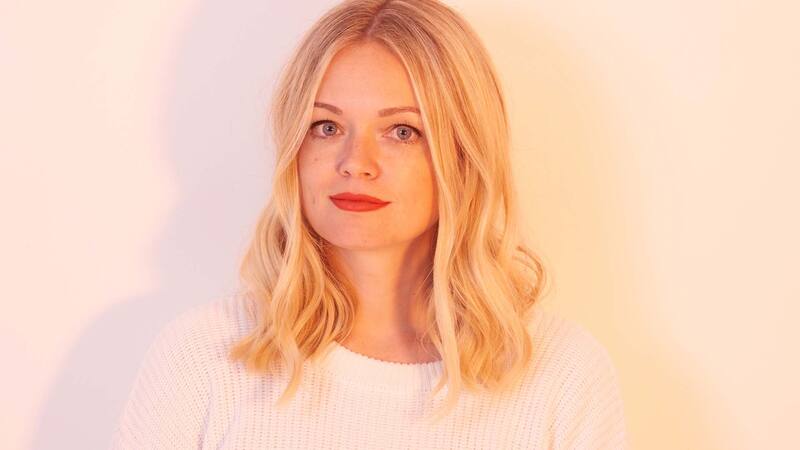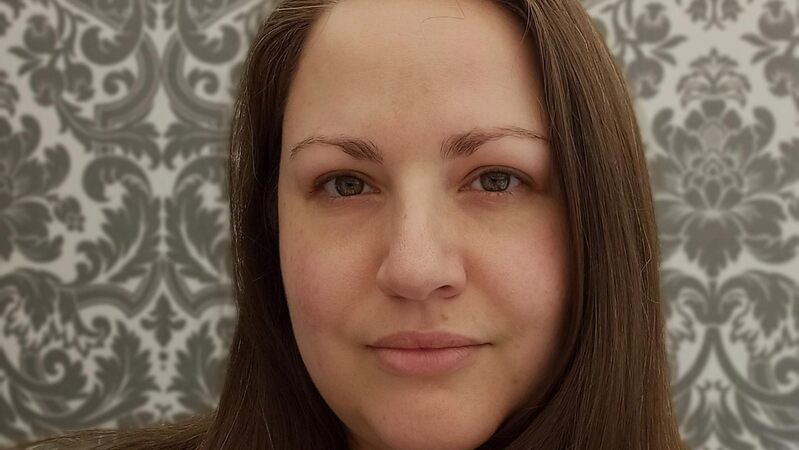You are viewing your 1 free article this month. Login to read more articles.
Royal Banks of Scotland
Iain Banks is turning into a bit of a diva. “My hotel hasn’t got a pool,” he chortles in his warm East Scotland accent from his hotel room in Covent Garden, where he is staying. “My girlfriend has protested – they need to build a pool immediately.”
Aquatic demands aside, Banks has something of a right to be a diva in literary terms. A prolific science fiction author and novelist, Stonemouth is his fourteenth novel. The ninth book in his Culture series – The Hydrogen Sonata – is out in October, and he has been in the business for nearly 30 years.
Stonemouth is set in the fictional East Scotland estuary town of the same name, which is connected to the mainland by a suspension bridge made notorious by relentless suicides. The town is just about big enough for two rival gangster families: the Murstons and the MacAvetts.
We follow Stewart Gilmour, a 26-year-old Stonemouth expat who upped sticks to London on a cargo train five years ago, and who couldn’t return. His hedonistic friends are all exactly the same as when he left, and he is still in love with Ellie, his ex-fiancé - and the eldest Murston daughter. The novel takes place over one weekend, when Stewart deigns to return to his hometown for the funeral of Ellie’s grandfather – but the Murstons aren’t a forgiving bunch, and a series of flashbacks illuminates just how Stewart poked their beehive that fateful night five years ago.
Banks says he “might be painting far too rosy a picture of how gangsters work in Scotland”, but that that “gangsters are basically business people.” When asked how much he knows about Scottish gangland, he replied: “practically nothing; I was making it all up. They’re probably much nastier than they’re portrayed as being in Stonemouth…I was trying to paint them as part of the fabric of society because of our ludicrous drug laws. At the same time the police are corrupt because they kind of have to be - there’s no other way to manage society unless they’re basically working in league with the drug lords.”
The social circles Stewart moves in tread carefully around the Murstons; there is a hierarchy of society and everybody knows their place on the food chain. Even the Murston children do: one of Ellie’s brothers throws himself off the suspension bridge after a family dispute just before Stewart’s return, but nobody is allowed to discuss it. Banks says the bridge was a useful plot device: “There’s a bit of hushing up goes on when people throw themselves off a bridge. I thought that’s a really cool idea if you’re going to use that as a way to kill people – it would be hushed up, you wouldn’t have to do it yourself - the police and the local press would do it for you. I just liked it as a symbolic presence, of separation as well as linking.”
But Banks says the heart of the novel, as with previous novels including The Crow Road, is family: “Family has always meant a lot to me.” He says he drew feelings from his own family moving from East to West Scotland when he was a child – his father was in the Admirality – to the “Costa del Clyde”.
“I wouldn’t say it was traumatic. It was a big change, but it wasn’t that bad; I settled in quite quickly and made lots of new pals. But that was a defining thing for me and sort of gave me that feeling of exile, I suppose, that I was trying to tap into for Stewart, who was banned from the town for five years.” He admits to having an “almost ideal” situation at home: “I was a slightly selfish kid,” he laughs. “I was an only child, so my mum and dad lavished all their care and love and attention on me, which I was very happy for.” It was his parents who wanted to give him the middle name he doesn’t actually have – the ‘M’ he uses between names for his sci-fi books stands for Menzies.
So which does he prefer writing: sci-fi or fiction? “I’ve a very slight preference for science fiction,” he admits. “But it’s a very slight preference. The mainstream’s slightly more challenging because you don’t have so much control over it. If writing is like an equation then there are things that are fixed invariables in mainstream, like human nature or gravity or whatever - but science fiction becomes variables, they’re not constants. And you can change human nature: you can have alien nature, you can change gravity and everything else so it’s more fun. It’s a huge kick for me.”
I ask him what he’s reading at the moment, expecting him to drop the name of the Next Big Thing in sci-fi. “The Anatomy of Orchestra,” he replies, unexpectedly. “I write music, it’s my hobby. I have intentions towards being a composer.” But fans can rest assured - he isn’t planning to shut the laptop just yet. “My second draft of The Hydrogen Sonata is due next week,” he says. And with that, Iain Banks is back to what he does best – cranking out top-notch sci-fi and cracking literature for his loyal band of followers.
Stonemouth by Iain Banks is out now, published by Little, Brown.













